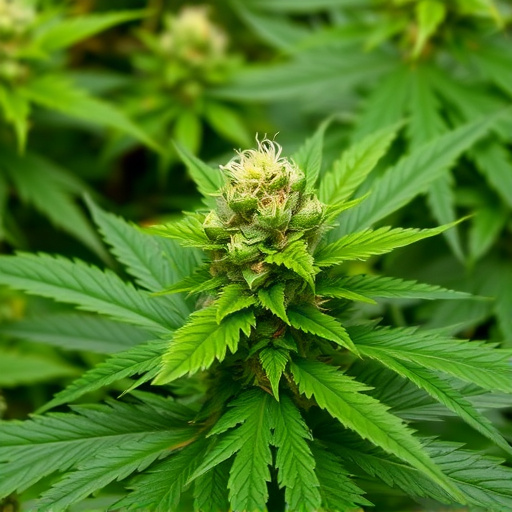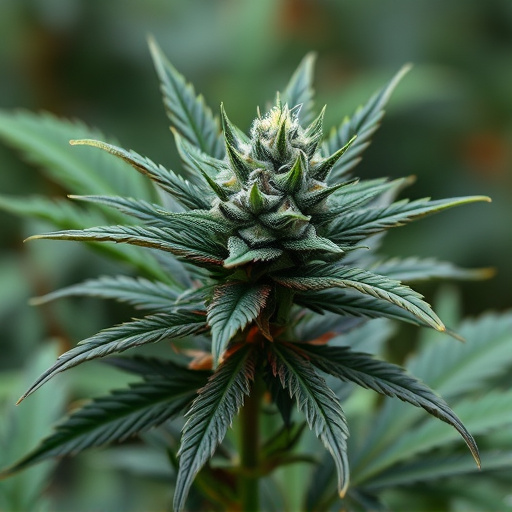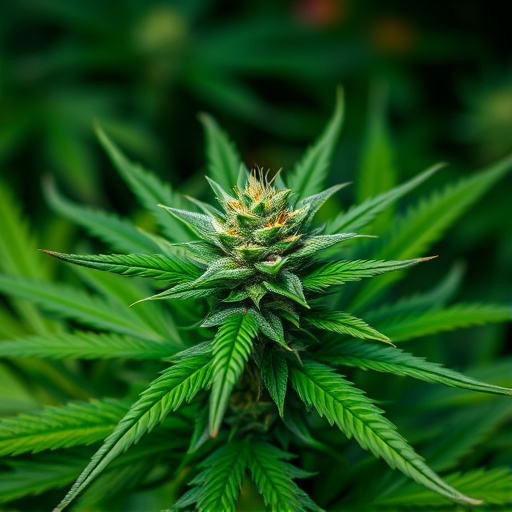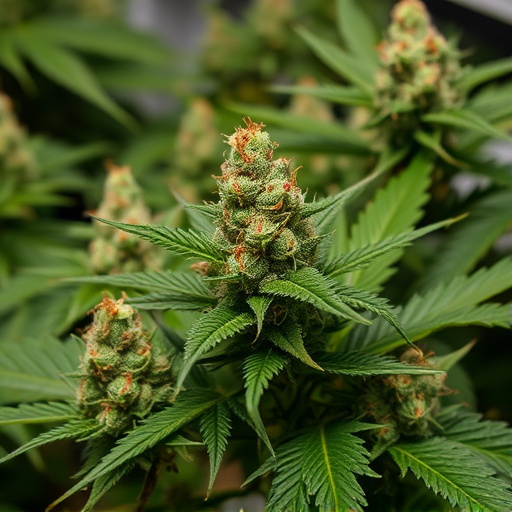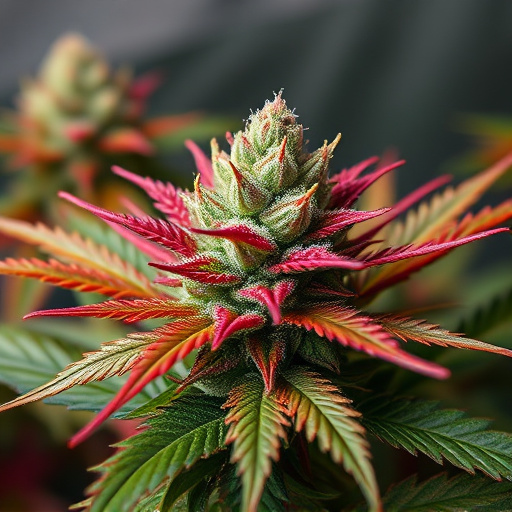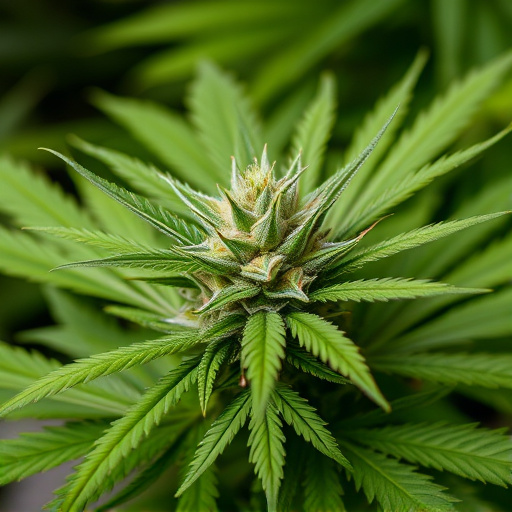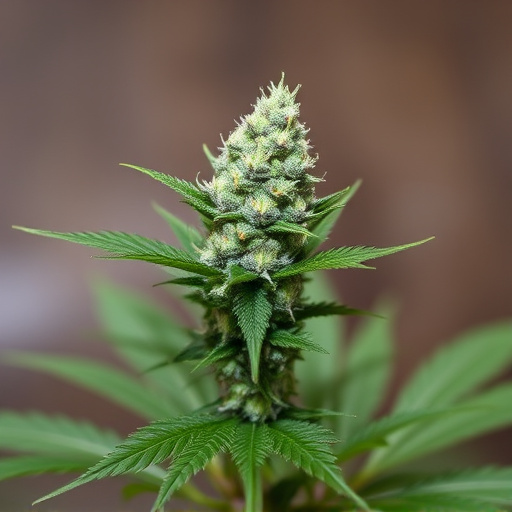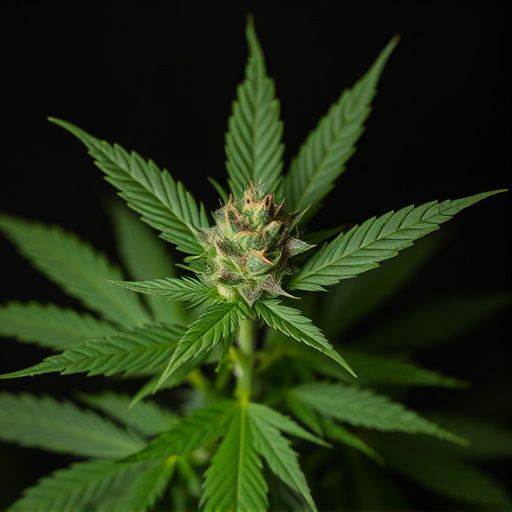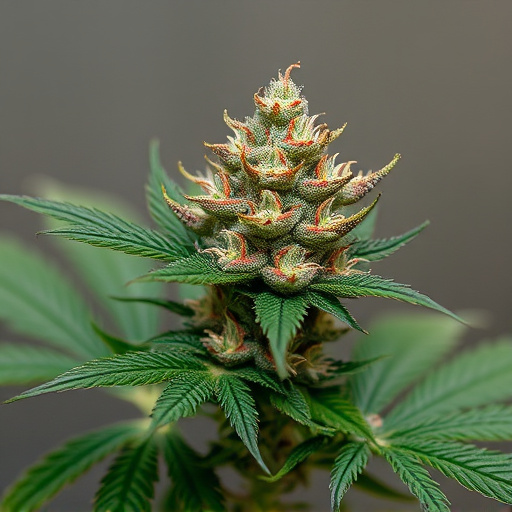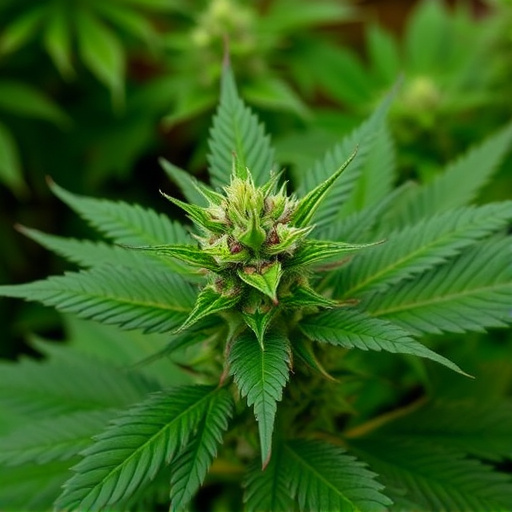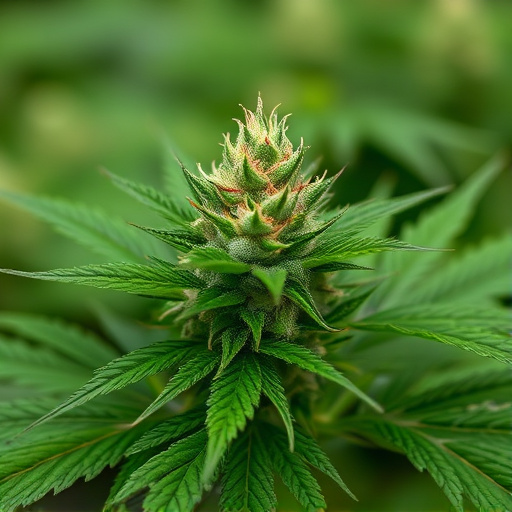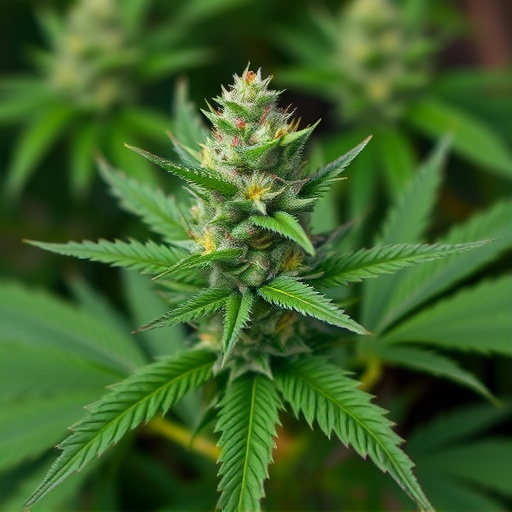High-THC cannabis has gained popularity for its potential in anxiety relief through interaction with the body's endocannabinoid system, but its effects vary greatly based on individual factors. While THC can reduce stress and fear neurotransmitters, it may also induce or worsen anxiety. Microdosing and CBD-rich strains are alternative approaches. Effective anxiety management requires personalized strain choices, trial and error, and consultation with healthcare professionals for best results in navigating the complex cannabis-anxiety relationship.
“Unraveling the impact of high-THC (tetrahydrocannabinol) strains on the human body and mind is essential for both medical users and those considering cannabis as a treatment option. This article explores how these potent strains interact with our systems, focusing on their effects on anxiety, one of the most common reasons for cannabis use. We’ll delve into the science behind THC’s complex relationship with anxiety, offering insights to help individuals make informed choices when selecting cannabis strains for their specific needs.”
- Understanding High-THC Strains: The Science Behind the Effects
- THC and Anxiety: Exploring the Complex Relationship
- Balancing Act: Finding the Right Strain for Individual Needs
Understanding High-THC Strains: The Science Behind the Effects
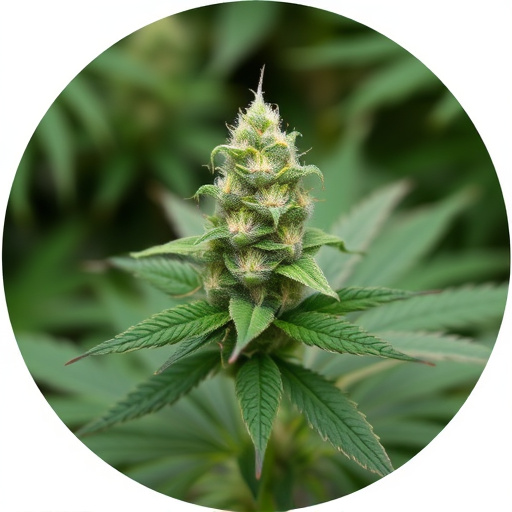
Cannabis strains with high concentrations of tetrahydrocannabinol (THC), often referred to as high-THC strains, have gained significant attention for their potential therapeutic benefits and recreational use. Understanding the science behind these effects is crucial when considering cannabis strains for anxiety relief or other medical applications. THC, one of over 100 cannabinoids found in cannabis plants, interacts with the endocannabinoid system (ECS) within our bodies. This complex system plays a vital role in regulating various physiological processes, including mood, memory, and pain perception.
When consumed, high-THC strains bind to specific receptors in the ECS, primarily CB1 receptors located in the brain and central nervous system. This binding can lead to the characteristic psychoactive effects associated with cannabis, such as altered perception, increased relaxation, or even heightened anxiety in some individuals. However, research also suggests that THC may modulate the ECS, potentially offering anti-anxiety properties by reducing the activity of certain neurotransmitters linked to stress and fear responses. The key lies in striking a balance, as different strains with varying THC levels can produce diverse effects, making personalized choices essential for managing conditions like anxiety effectively.
THC and Anxiety: Exploring the Complex Relationship
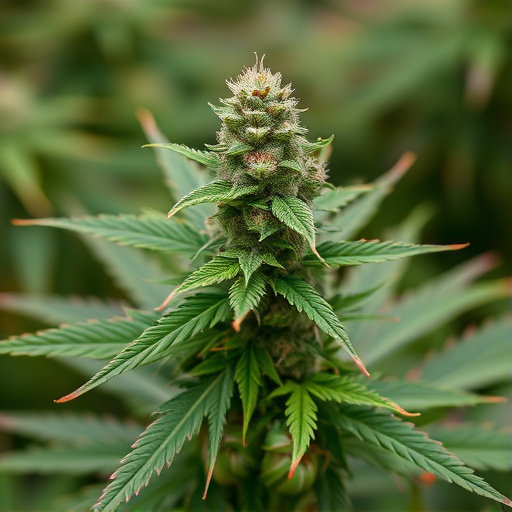
THC, the primary psychoactive compound in cannabis, has a complex relationship with anxiety. While high-THC strains are often sought after by those looking to alleviate various symptoms, including stress and discomfort, THC can also trigger or exacerbate anxiety in some individuals. The impact of THC on anxiety is influenced by several factors, such as dosage, strain properties, personal tolerance, and individual brain chemistry.
Some cannabis strains known for their high THC content are marketed for their potential to reduce anxiety, but these effects vary widely from person to person. For those with anxiety disorders, it’s crucial to approach high-THC strains cautiously. Microdosing—ingesting very small amounts of THC—has gained attention as a way to potentially manage anxiety symptoms without the adverse effects associated with higher doses. Consulting with healthcare professionals and considering cannabis as part of a broader wellness regimen can help individuals navigate this complex relationship effectively.
Balancing Act: Finding the Right Strain for Individual Needs
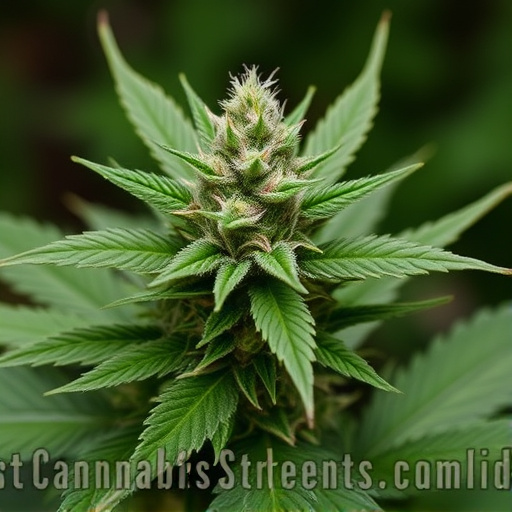
Cannabis users often embark on a delicate balancing act, seeking the perfect strain that harmonizes with their unique needs and preferences. This is especially true for those aiming to manage conditions like anxiety, where finding the right cannabis strains can make all the difference. The key lies in understanding that different strains offer distinct profiles of cannabinoids, such as THC and CBD, which interact with the body’s endocannabinoid system.
For individuals looking for cannabis strains for anxiety relief, it’s crucial to opt for varieties with higher levels of cannabidiol (CBD) and moderate tetrahydrocannabinol (THC). High-THC strains can induce feelings of euphoria and relaxation but may also intensify anxiety in some users. In contrast, CBD-rich strains have gained popularity for their potential anxiolytic effects without the psychoactive properties that THC provides. Therefore, choosing the right strain is a personal journey, requiring trial and error to discover what works best for each individual’s mind and body.
High-THC strains, while offering potential therapeutic benefits, can significantly impact both the body and mind. Understanding the science behind these effects, particularly their complex relationship with anxiety, is crucial for navigating the vast landscape of cannabis. By recognizing that not all strains are created equal, individuals can embark on a balancing act to find the perfect cannabis strain for their specific needs, fostering harmony between relaxation and well-being. For those seeking relief from anxiety, exploring high-THC options, when used responsibly and in conjunction with professional guidance, could prove to be a game-changer in managing symptoms.

